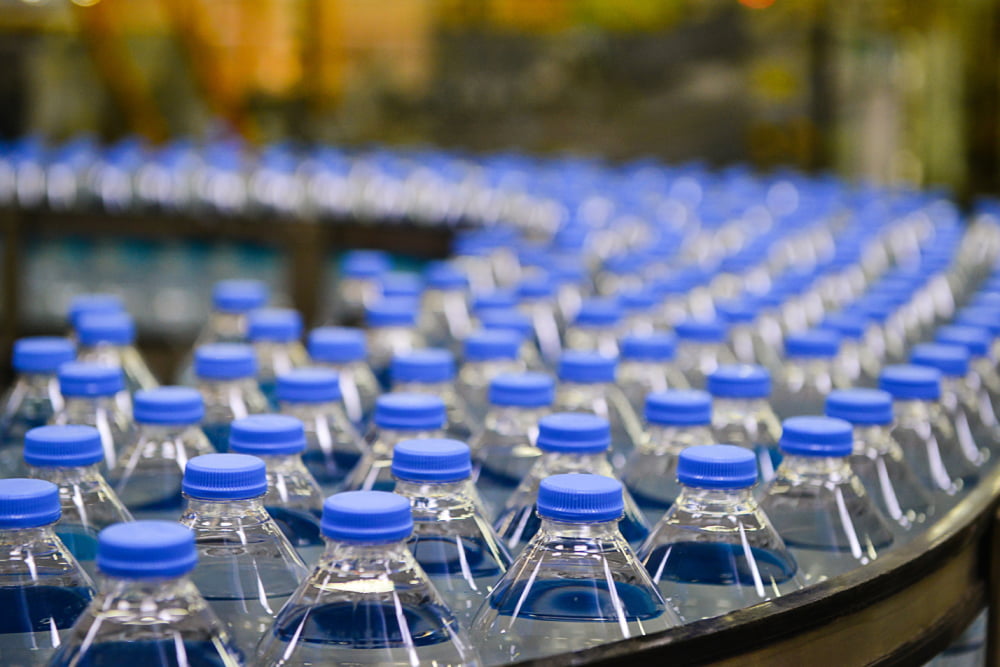
8 Factors That Determine How Much Water One Should Drink Daily
How much water should a person drink daily? While the question might seem straightforward, it has no easy answer. Several studies have been conducted on the subject over the years, and experts have found that everyone has different hydration needs. How much water an individual needs will vary depending on several factors, such as age and activity levels. This post takes a closer look at these factors to help people understand their hydration requirements better.
1. Gender
Studies suggest that, on average, women must drink 2.7 liters or 11.5 cups of water daily. The requirement is higher for men at 3.7 liters or 15.5 cups. This figure includes fluids from other sources besides water, such as juices, foods, tea, and coffee. Most people get approximately 20 percent of the water from their food.
2. Season or temperature
Gender is not the only factor that determines one’s daily water intake. Individuals should also consider the season or temperature. The body requires more water in summer than in winter.
3. Location
Individuals living at high altitudes or in mountainous regions need more water. The body’s respiration rate increases at higher altitudes, and one loses more water even if not physically active. Besides high altitudes, a person’s fluid intake should also increase if they live in dry, humid, or hot areas.
4. Sun exposure
People who spend more time outdoors or in the sun may feel thirsty faster. Such individuals need more water than those who spend most of their day at home.
5. Physical activity
The daily water requirement of those who walk or stand for extended hours will be more than those sitting at a desk. Individuals indulging in intense physical activity or workouts would have an even higher fluid intake requirement to compensate for water loss due to perspiration.
6. Food plan
Those who drink caffeinated beverages like coffee or tea lose more water via urination and should take special care about their hydration levels. The same goes for people who eat meals rich in sugary, spicy, or salty foods. One should also increase their water intake if they do not eat hydrating foods like cooked or fresh vegetables and fruits.
7. Breastfeeding or pregnancy
Nursing mothers and pregnant women must drink more water to stay hydrated as their bodies are tasked with supplying nutrition to themselves as well as the baby.
8. Health status
People with conditions that cause diarrhea or vomiting tend to lose more water and should, hence, stay well hydrated. Those with diabetes also need a high fluid intake. Furthermore, individuals using diuretics should take care of their hydration needs as these medications make one urinate more.
Water provides several benefits. For instance, it prevents constipation, helps maintain body temperature, aids digestion, and flushes out impurities from the body. A person’s water intake is apt if their urine is light yellow or colorless or they rarely feel thirsty. If someone struggles to determine their required water intake, they can speak to a doctor. Individuals should drink sufficient water between meals and before, after, and during workouts.


